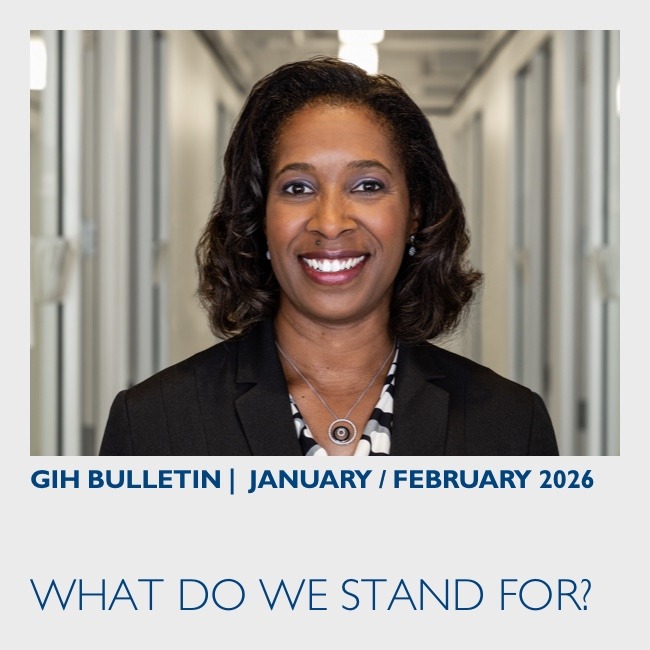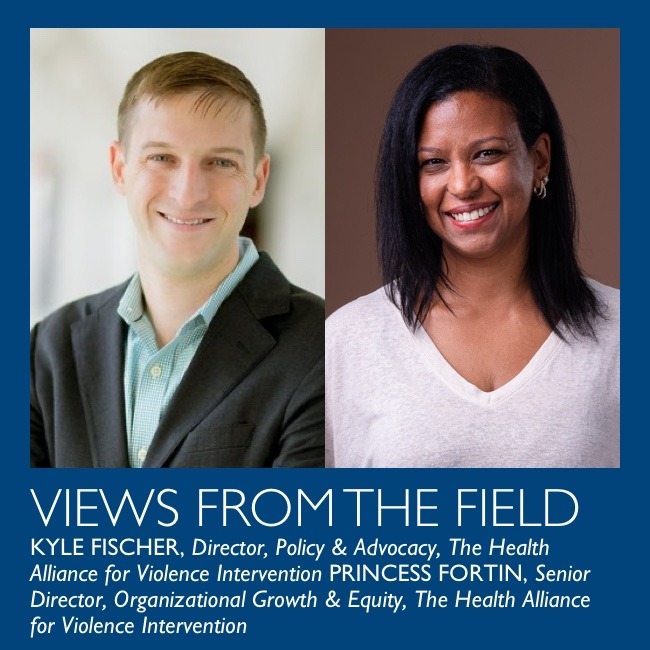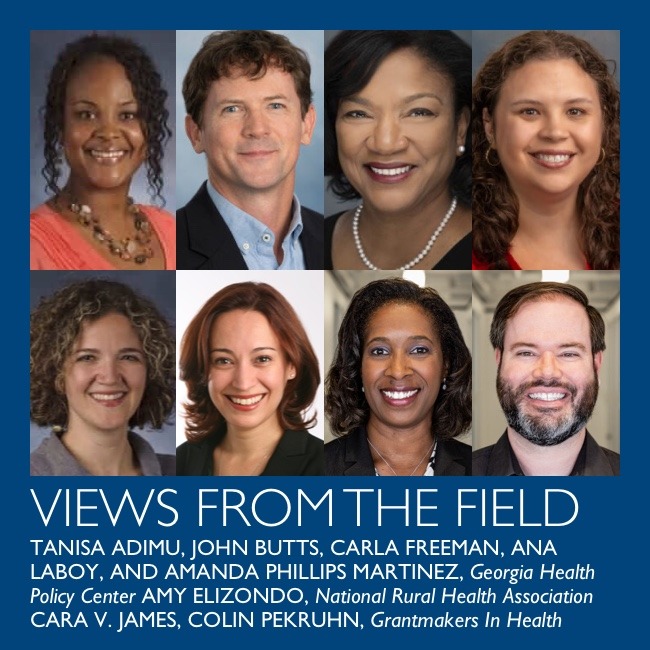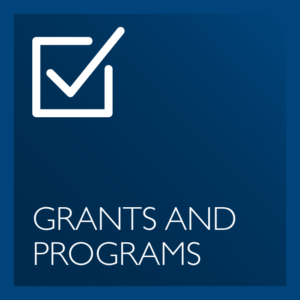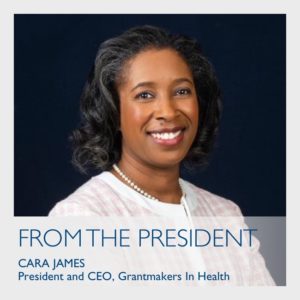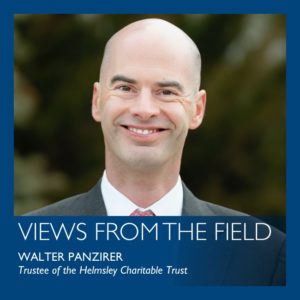Reimagining Rural Health and Well-being
To inform positive change, Grantmakers in Health (GIH) and the National Rural Health Association (NRHA) are partnering to reimagine a unified vision for health and well-being in rural America. The Georgia Health Policy Center (GHPC) was engaged to conduct a landscape analysis and facilitate listening sessions with rural health stakeholders at the local, state, and national levels.
GIH Health Policy Update Newsletter
An Exclusive Resource for Funding Partners
The Health Policy Update is a newsletter produced in collaboration with Leavitt Partnersi and Trust for America’s Health. Drawing on GIH’s policy priorities outlined in our policy agenda and our strategic objective of increasing our policy and advocacy presence, the Health Policy Update provides GIH Funding Partners with a range of federal health policy news.
Philanthropy @ Work – Grants and Programs – November 2020
The latest on grants and programs from the field.
COVID-19 Grants and Programs – November 2020
The latest on COVID-19 grants and programs from the field.
We’re Moving!
The GIH office has relocate to a new suite (in the same building) as of October 22, 2020. Please note the following address in your system to ensure that we continue to hear from you: 1100 Connecticut Avenue NW, Suite 1100
Supporting Emerging Leaders Amid a Pandemic
This year has placed a spotlight on many things, including the importance of leadership during times of crisis and uncertainty. I recently had the pleasure of welcoming the newest cohort of fellows to the Terrance Keenan Institute for Emerging Leaders in Health Philanthropy. We spent three afternoons together learning about each other’s leadership style, talking about how to foster more diverse and inclusive work environments, discussing how to advance health equity through the work of their foundations, and engaging community leaders in a discussion on power sharing and how to more effectively partner with community organizations to effect change.
Defeating the Deadly Double: Depression and Diabetes
Inadequate access to mental health services, diabetes, and obesity are the top-ranked critical service gaps in virtually all community health needs assessments conducted by local health departments and nonprofit hospitals throughout Virginia. Diabetes and depression are also among the top three conditions treated in Virginia’s health safety net organizations.
Responding to COVID-19 and Beyond
In the early days of the COVID-19 pandemic, the Trust was compelled to do our part. Like most philanthropic organizations, we were determined to maximize impact and make grants quickly, while also adhering to our due diligence standards.

